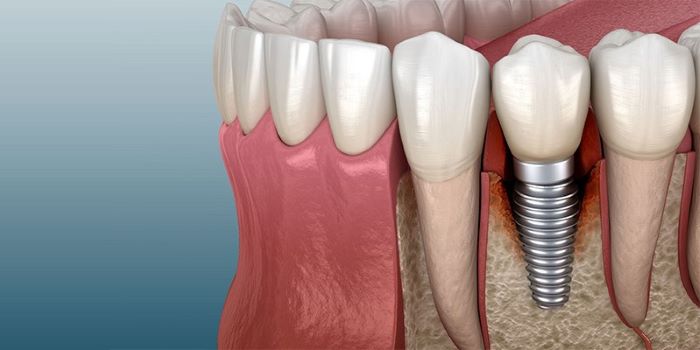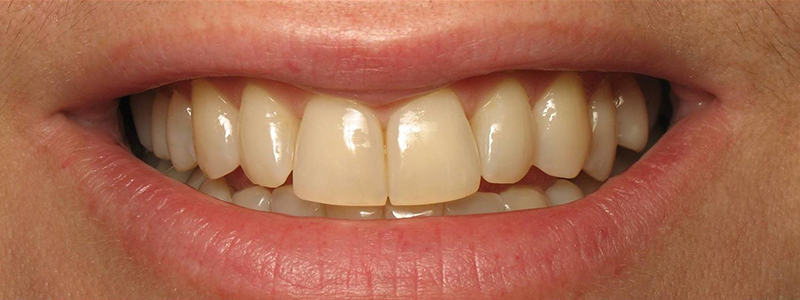Dental implants have revolutionized the field of dentistry by providing a long-lasting solution for missing teeth. Whether you have recently received dental implants or are considering getting them, understanding how to care for them properly is crucial for their longevity and your oral health.
- Practice Excellent Oral Hygiene:
Maintaining a consistent oral hygiene routine is paramount to the success of your dental implants. Just like natural teeth, implants can accumulate plaque and bacteria, leading to gum disease and potential implant failure.
a) Brushing: Brush your teeth at least twice a day with a soft-bristle toothbrush. Use a gentle, circular motion to clean all surfaces of your teeth, including the implant crowns. b) Flossing: Clean between your teeth and around the implant-supported restorations using dental floss or interdental brushes. This helps remove plaque and food particles that brushing alone may not reach.
- Be Mindful of Your Diet:
Maintaining a healthy diet not only benefits your overall well-being but also supports the health of your dental implants. Certain foods and habits can affect the longevity of your implants:
a) Avoid Hard and Sticky Foods: Refrain from biting or chewing hard objects, such as ice cubes or pens, as this can damage the implant crowns or the supporting structures. Sticky foods, like caramels or chewing gum, may dislodge restorations or increase the risk of gum inflammation.
b) Limit Sugary and Acidic Foods: Excessive consumption of sugary or acidic foods and beverages can contribute to tooth decay and gum disease, which can jeopardize the health of your implants. Maintain a balanced diet, rich in fruits, vegetables, lean proteins, and whole grains, to promote optimal oral and systemic health.
- Regular Dental Check-ups and Professional Cleanings:
Scheduling routine dental visits is essential for the long-term maintenance of your dental implants. During these appointments, your dentist will evaluate the health of your implants, assess your oral hygiene practices, and perform professional cleanings to remove plaque and tartar. Regular check-ups enable early detection of any potential issues and allow timely intervention to preserve the integrity of your implants.
- Protect Your Implants:
Protecting your dental implants from trauma or injury is crucial for their longevity. Take the following precautions:
a) Mouthguards: If you participate in sports or activities that pose a risk of dental injury, wear a custom-fitted mouthguard. This will provide a cushioning effect and protect your implants and natural teeth from damage.
b) Avoid Teeth Grinding: If you have a habit of grinding or clenching your teeth, known as bruxism, discuss it with your dentist. They may recommend a nightguard to prevent excessive forces on your implants while you sleep.
Remember, if you have any concerns or questions about implant maintenance, always consult your dentist at Studio Dentale, the best dental clinic in Kathmandu. Dr. Nikita Agarwal is dedicated to providing personalized advice tailored to your specific needs, ensuring the health and longevity of your dental implants.
By following a proper oral hygiene routine and attending regular check-ups, you can keep your implants in excellent condition and enjoy a confident, radiant smile for years to come. Trust Dr. Nikita Agarwal and the expert team at Studio Dentale to support your journey to optimal oral health!





